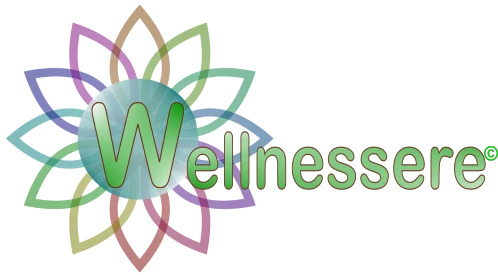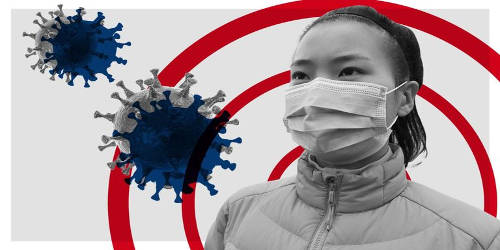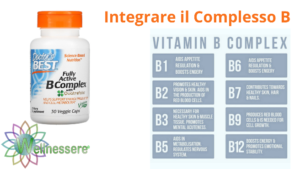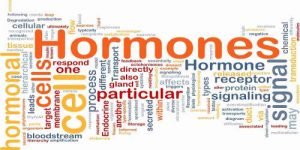Already in recent days, Thai doctors at Rajavithi Hospital in Bangkok said they had successfully treated coronavirus patients with a combination of drugs used against influenza and HIV. And the results led to remarkable improvements after 48 hours. A 70-year-old Chinese patient from Wuhan was also cured in this way.
Chinese health authorities, too, have tried to combat the coronavirus by administering cocktails of anti-influenza and anti-HIV drugs used by Thai doctors, achieving improvements.
It was later explained, however, that this cannot be considered the definitive cure but that it undoubtedly allowed for the improvement of patients who initially tested positive and then became negative within 48 hours.
Yesterday, China's Cgtn TV broadcast the news that preliminary tests using cells in vitro have identified two drugs that can neutralize the virus.
The two drugs are Abidol and Darunavir, and the discovery was made by a team of researchers from Zhejiang University.
Leading the team was Li Lanjuan, a well-known Chinese epidemiologist engaged in the fight against the new disease. The researcher brought medical personnel from Zhejiang Province to the central province of Hubei, the one from which the virus spread, specifically with the goal of developing treatment for patients.
Dr. Lanjuan, on the other hand, considers Kelizhi, an anti-HIV drug currently used to fight the disease, to be ineffective and points out that it also has side effects. And he recommends, therefore, that the two identified drugs be included in the National Health Commission's program for the treatment of infected patients.
Stock exchanges celebrate - The news was greeted with relief by financial markets, which are mostly traveling in the positive direction. Following the positive closure of Asian stock exchanges (Tokyo +1.02%, Hong Kong +0.42%, Shanghai +1.34%), those in the Old Continent are also proceeding upward.
Immediately comes the denial from the WHO (World Health Organization) reminding that there is still no cure for the virus. The drugs tested cannot be called effective and there would be nothing concrete to fight the virus, WHO experts let it be known.
Also confirming that a therapy is still far off is Massimo Galli, a professor at the University of Milan and head of Sacco Hospital. "People are working with drugs that are already known, but in vitro tests are not enough to draw any conclusions. In such a critical situation," Galli said, "you work with what you have.
One cannot help but notice that on the Chinese coronavirus, from the very beginning, there has been very little transparency in communicating the various news about it, and that, to date, after several weeks, there has been nothing certain either about the extent of the outbreak, its real origin, or any cures.
We hope that the next few days will be decisive in shedding light on these various aspects that are fundamental to understanding the true extent of this alarm and possible measures to contain it.





